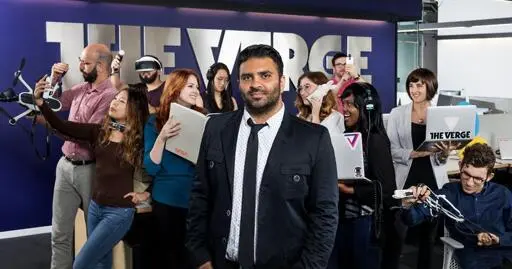The Verge raises a partial paywall: ‘It’s a tragedy that garbage is free and news is behind paywalls’
The Verge raises a partial paywall: ‘It’s a tragedy that garbage is free and news is behind paywalls’

The Verge raises a partial paywall: ‘It’s a tragedy that garbage is free and news is behind paywalls’ | Semafor
